
There are a lot of people who experienced problems with herniated discs at least once during their life. This particular problem refers to one of the rubbery cushions which are located between the individual bones that stack up to make the spine. Many people are not aware that a spinal disk not bigger than a jelly donut. The interior of the disk is soft and fragile, while the exterior is a bit harder and tougher. When the interior pushes out through the exterior, a person is considered to be suffering from a herniated disk. Apart from herniated disk, some people may know this condition as a ruptured disk or a slipped disk. A person who suffers from herniated disk may experience pain and numbness and even weakness in an arm or leg. This occurs because the herniated disk irritates the nerves which surround it. However, it is not uncommon for people not to experience any symptoms at all. In most cases, there is no need for surgery in order for this problem to be treated.
Causes
It is normal that a herniated disk occurs slowly and over time. The main reason why that is so, is because a herniated disk is a gradual and age-related wear and tear process. The water content in the disks goes away over time and that makes the disks less flexible and when that happens, the disks wear and tear more easily. A minor strain is then enough to lead to a herniated disk. This is why it is not easy for people to know what the exact cause of the herniated disk is. It is not uncommon for people to experience herniated disk when they use back muscles to lift heavy stuff instead of arm and leg muscles. A herniated disk can even occur due to a severe trauma or blow, but these cases are quite rare.
Treatment and drugs
In most cases of herniated disk, it is enough for a person to avoid painful positions and stick to a proper exercise and pain-medication plan in order for the condition to be treated. Such conservative treatment helps in 90% of all cases and people feel a lot better after a month or two.
When it comes to medications, people are often prescribed with over-the-counter medications, narcotics, nerve pain medications, muscle relaxers and cortisone injections in some cases. Therapy
A physical therapist will show the patient the exercises he or she needs to perform in order to relieve the symptoms. A physical therapist may also recommend heat or ice, traction, ultrasound and electrical stimulation.


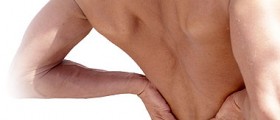

-Causes,-Symptoms,-Diagnosis,-Treatment_f_280x120.jpg)
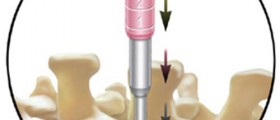
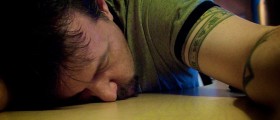


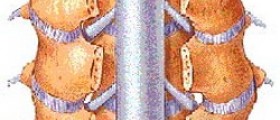
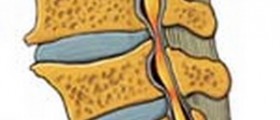



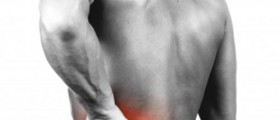
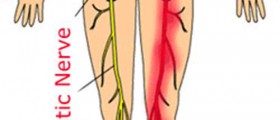

Your thoughts on this
Loading...